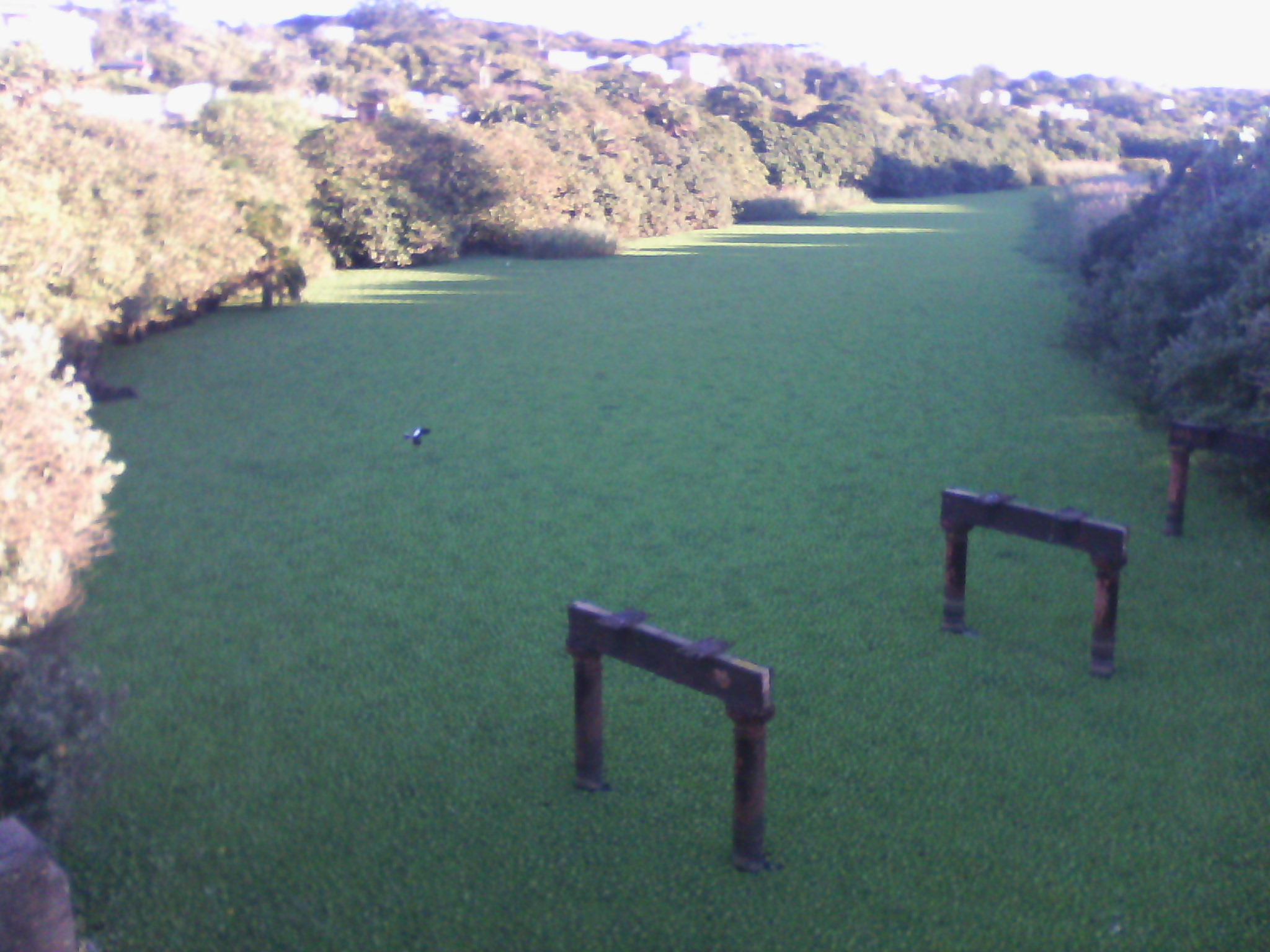Global Ocean Commission report
Global Ocean Commission report: by The Globe and Mail In the following report from Canada’s Global and Mail recently, it is confirmed that our oceans are right up against the tipping point of ecological disaster…click on the heading to read the entire article, written by Gloria Galloway. “Report warns world’s fragile oceans pushed to point … Read more

